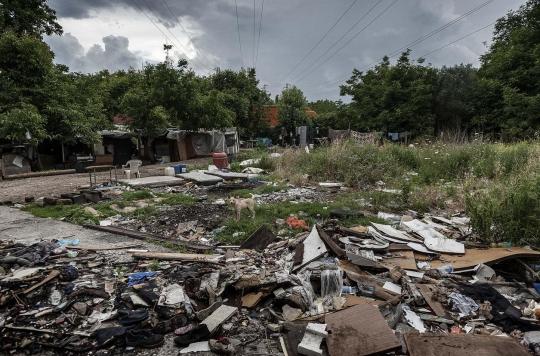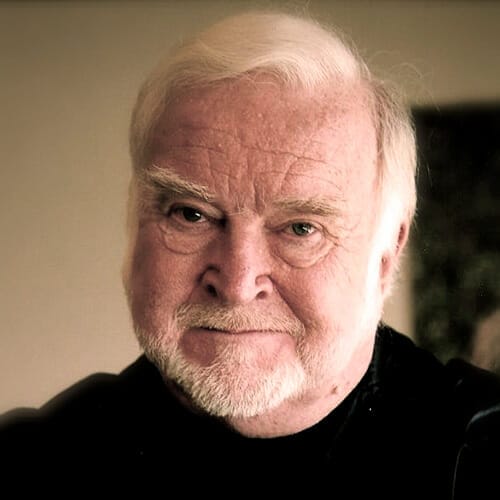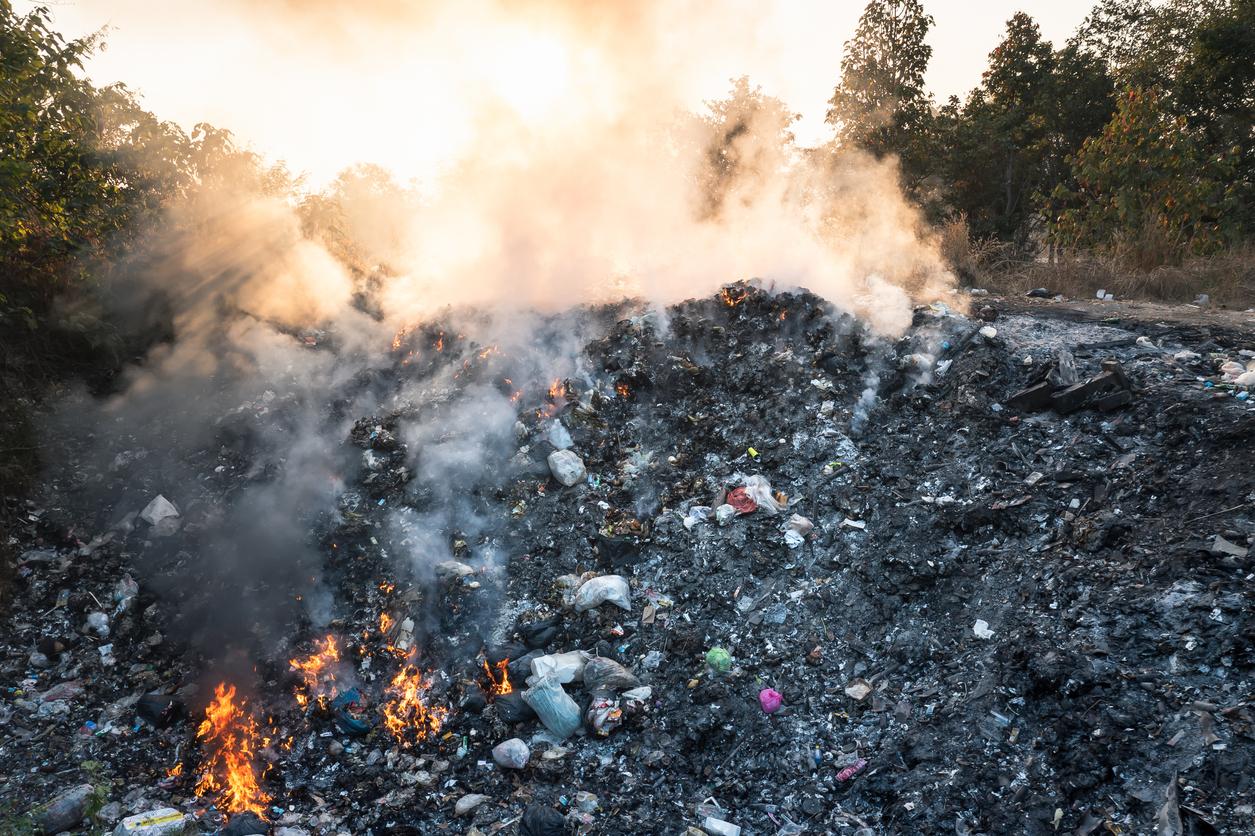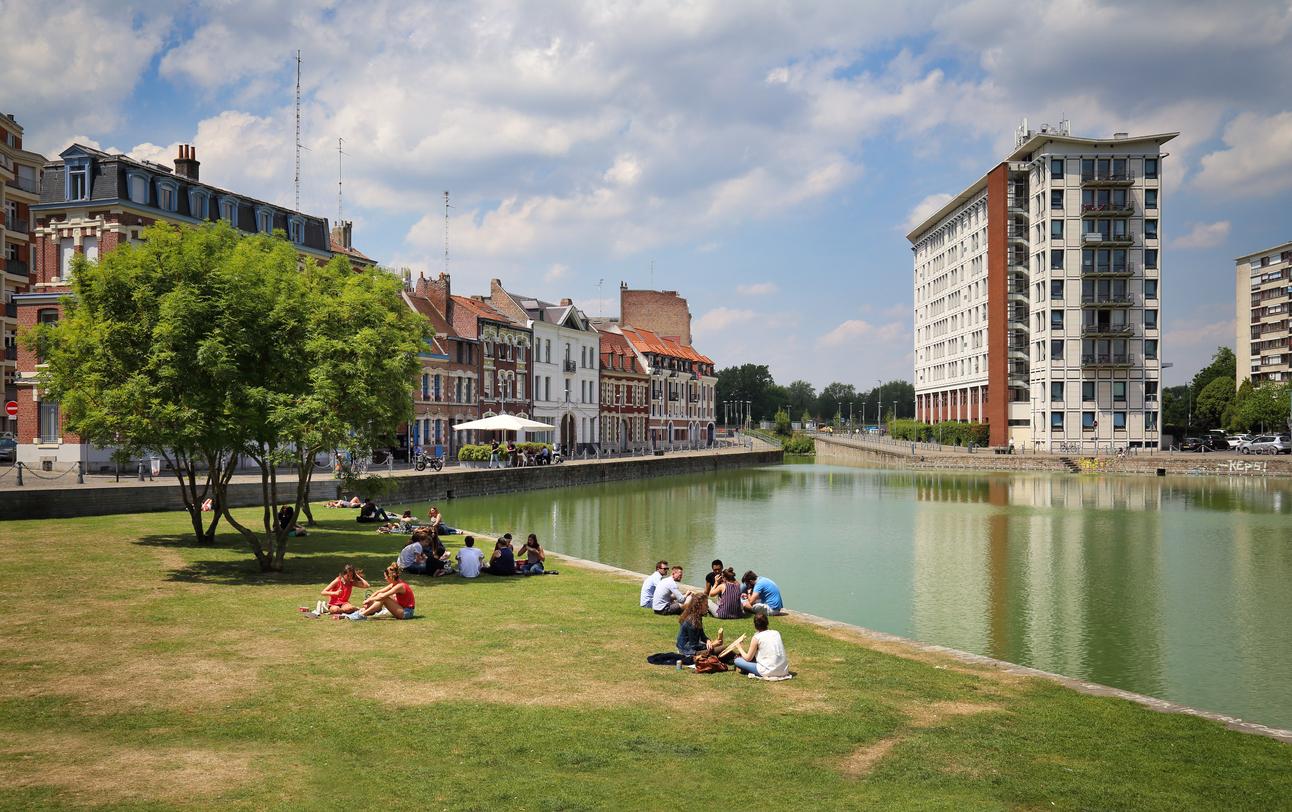Associations are preparing to file a complaint against the State for culpable deficiency concerning the huge wild dump of Carrières-sous-Poissy in the Yvelines, learned France TV Info this Thursday.

We must protect local residents and the environment. Accompanied by other associations, Bank of the Seine-Nature Environment (RSNE) will file a complaint this Thursday, September 5 against the State for culpable deficiency concerning the enormous fly tip of Carrières-sous-Poissy in the Yvelines, reveals France TV Info. For three years, nearly 7,000 tonnes of waste have been lying on around thirty hectares, the equivalent of eleven football pitches.
Two years ago, the association had already filed a complaint with the Public Prosecutor of Versailles for, among other things, illegal dumping of waste and endangering the lives of others. But since then, “there has been no depollution operation carried out and, even worse, there is none scheduled to date. However, the State has a responsibility in terms of health protection public and environmental protection”, denounces Anthony Effroy, the president of the association and municipal councilor of Carrières-sous-Poissy, at the microphone of France TV News.
“Dangerous Materials”
For its complaint, RSNE has been joined by other associations and is currently in discussion with the famous France Nature Environnement. Indeed, this federation association for the protection of nature and the environment, which speaks for 3,500 associations, is studying the possibility of becoming a civil party alongside it to support the process.
“You should still know that 5 or 6 meters below this landfill, there is the alluvial water table of the Seine and at the sanitary level, there are dangerous materials of the asbestos type, with dwellings which are located at 300 meters as the crow flies (…) No analysis has been carried out in three years, so yes we really think that there is a deficiency on the part of the prefect who is failing in his obligations to protect the populations”, explains Anthony Froy.
A perfectly thought-out complaint in terms of timing
Indeed, in this landfill, a lot of rubbish does not come from private individuals. These former agricultural lands began to be used as a dump when their exploitation was prohibited in 2002. The waste then began to accumulate little by little. But it was three years ago that the site became “a veritable illegal dump, with the passage of around twenty trucks a day, dumping exclusively construction waste, some of which is listed in the nomenclature of hazardous waste such as asbestos”, denounces Anthony Effroy to the Parisian.
Catch the culprits in the act
In principle, construction vans should go to the sorting center located next door, but this costs 120 euros per tonne of unsorted waste and up to 500 euros for a tonne of asbestos waste. Hence the idea of the wild dump. And if there is a law to dissuade this kind of behavior (two years in prison and a 75,000 euro fine), it is still necessary to succeed in catching the culprits in a fragrant offense.
Today, the complaint of RSNE is perfectly thought out in terms of timing. “The Secretary of State attached to the Minister for Ecological and Solidarity Transition, Brune Poirson, receives this Thursday the fourteen professional building organizations to put in place measures against the scourge of illegal dumps. What better time to relaunch the question of the sea of waste from Carrières-sous-Poissy?”, explains Anthony Effroy who therefore asks the Prefect “to carry out air and soil analyzes at the landfill site”.
“The site depends on the mayor’s police”
Unsurprisingly, the Department of the Environment and Energy (Driee) defends itself from any responsibility. “The site depends on the mayor’s police, as far as administrative sanctions are concerned. Which does not mean that the prefecture is not interested in it, far from it since it is participating in the reflection for a lasting solution”, she explains to the Parisian.
As for the risks of pollution, “in the case of bound asbestos, it is not very volatile”, we are assured. And to insist: “What is important is to remove the primary source of pollution. Otherwise there would be no point in treating the groundwater table. nothing. But there is no drinking water catchment nearby and regular analyzes of the Seine do not show any deterioration in the sector”.
.















